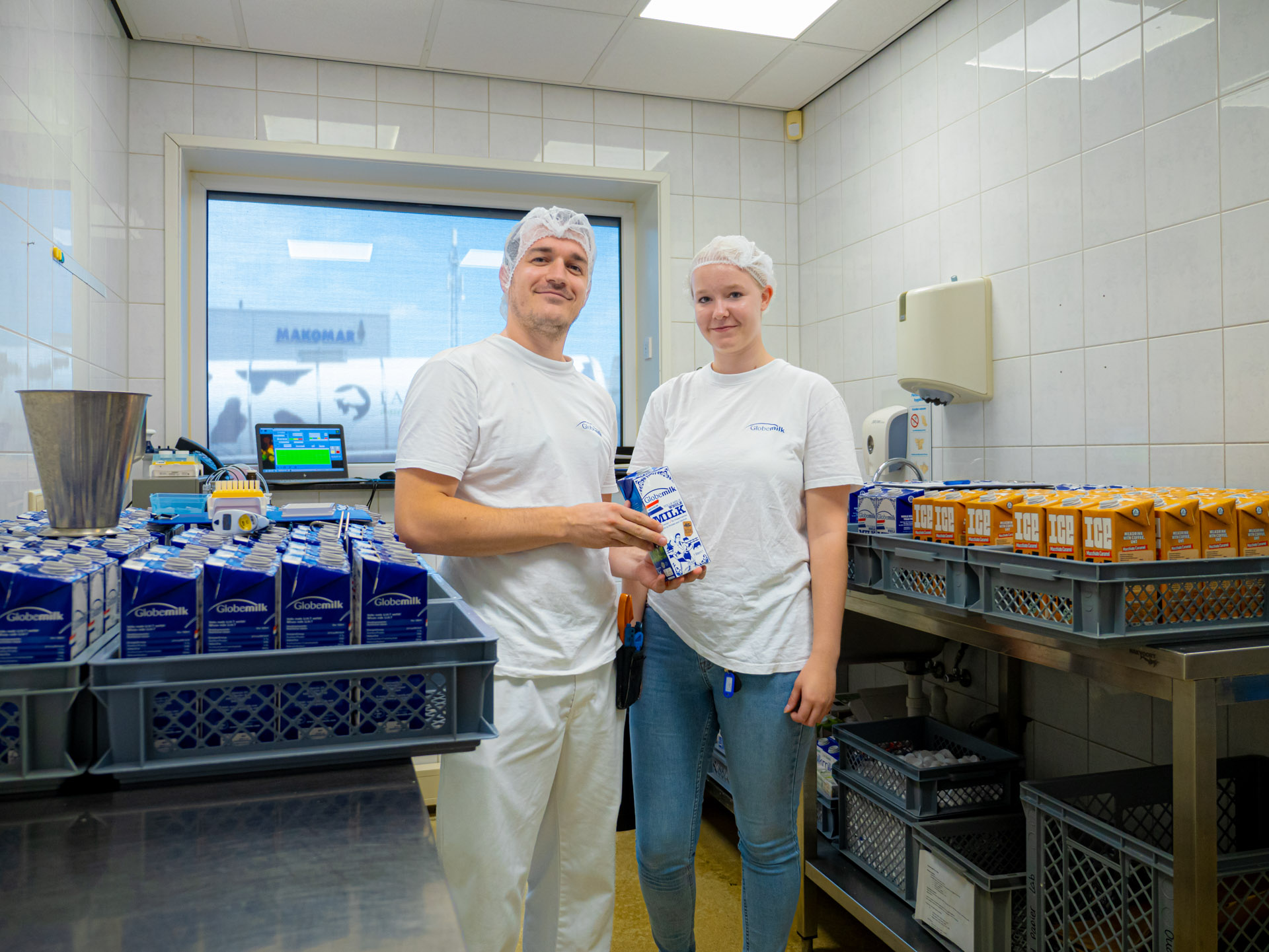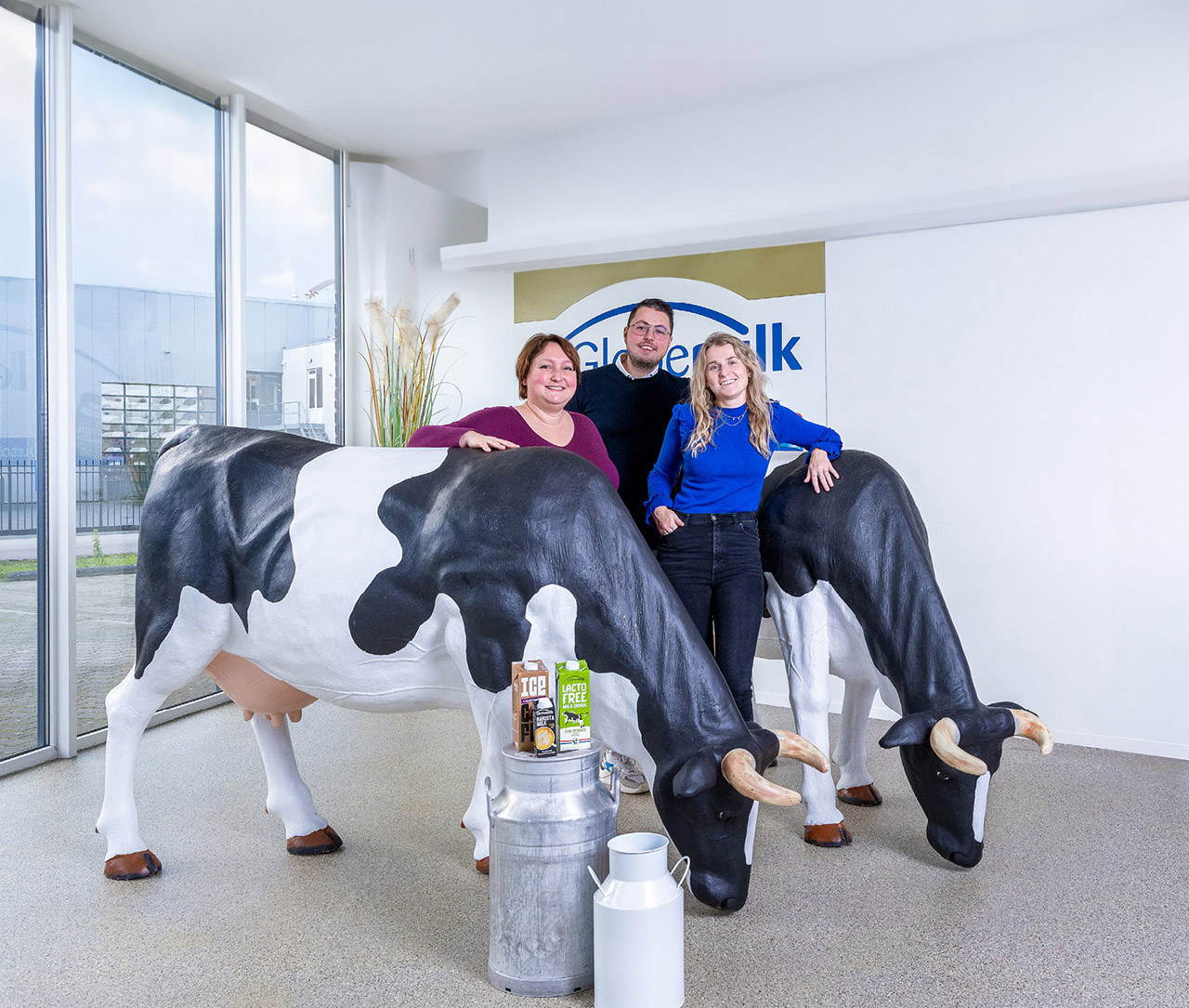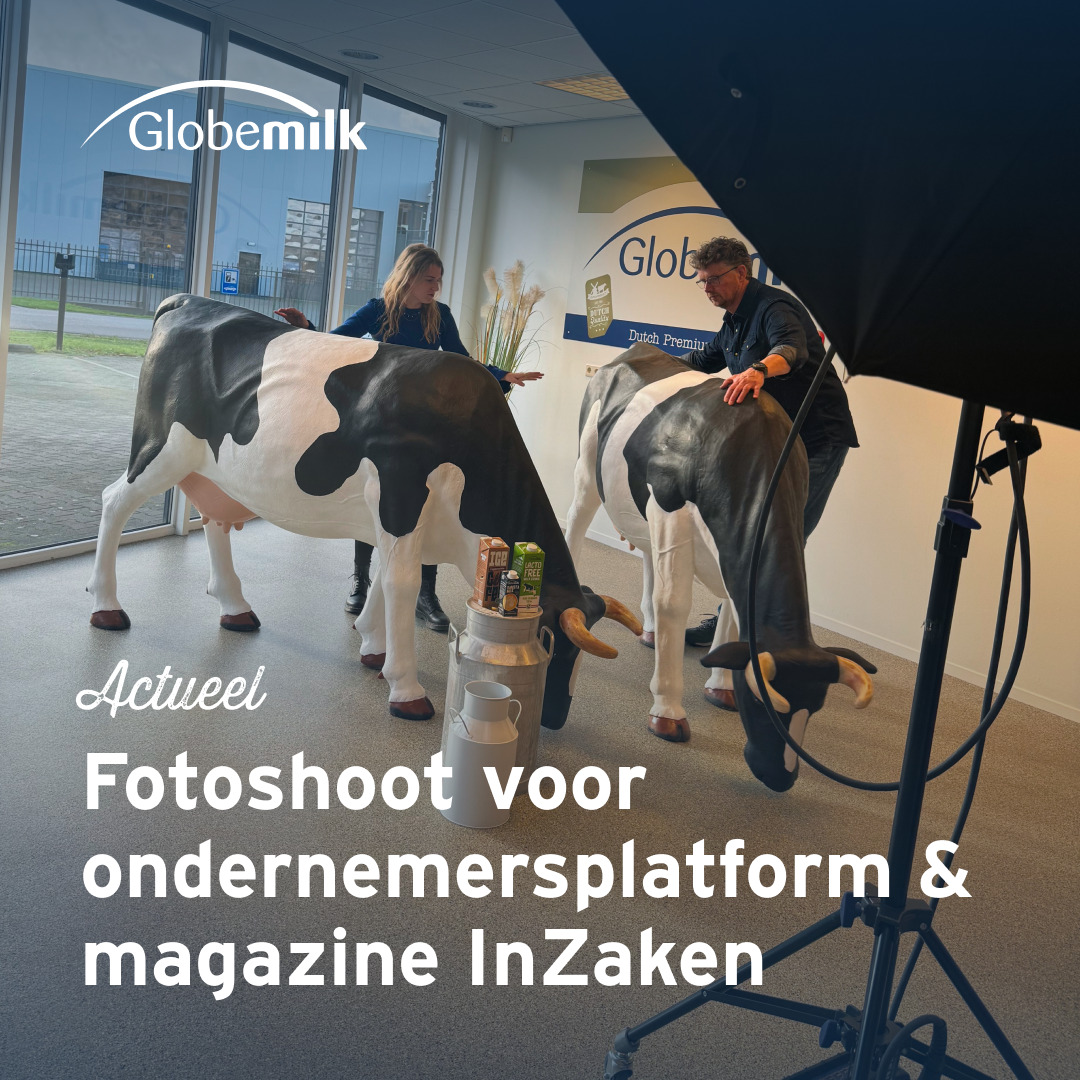
Malnutrition affects more sick and elderly people than generally thought. With malnutrition, muscle mass also decreases. To maintain muscle mass, it is important to consume sufficient proteins. Milk is a source of protein. Let us at Globemilk produce this delicious milk. So have a delicious glass of milk every day!
Muscle health for the elderly
As people get older, muscle mass and strength decrease. To maintain muscle mass, it is important for the elderly to consume sufficient protein in combination with sufficient exercise. Dairy is a familiar part of the daily diet of many Dutch elderly people. In addition, dairy makes an important contribution to the intake of calcium, phosphorus, vitamin B2 (riboflavin) and vitamin B12, according to research by the RIVM.
Effect of aging
Aging is associated with several changes, including reduction in physical activity, appetite, muscle mass, muscle strength and bone mass. In the elderly, unwanted weight loss is a common problem with biological, psychological, social and economic consequences. The process of loss of muscle and bone mass can be slowed down by more intensive physical exertion and by high-quality nutrition with sufficient energy and protein, vitamins and minerals. Attention to proper nutritional care is therefore important.
The role of dairy
Dairy is a familiar part of the daily diet of many Dutch elderly people. The food consumption survey among Dutch elderly people (70+) shows that dairy products make an important contribution to the intake of micronutrients. For example, 61% of the daily calcium intake in this age group comes from dairy. The daily intake of vitamin B2 (41%), vitamin B12 (35%), phosphorus (35%), retinol (27%), zinc (24%) and vitamin A (20%) also comes largely from dairy products. . The RIVM recommends encouraging the intake of dairy products and thus increasing the intake of B vitamins, vitamin A and calcium.
In addition to the intake of various micronutrients, dairy is also an important supplier of macronutrients. For example, 25% of the total daily protein intake, 20% of the total fat intake and 11% of the total carbohydrate intake comes from dairy products. Sufficient protein, in combination with exercise, is important for muscle maintenance for the elderly.
Kruizenga H, Beijer S, Huisman-de Waal G, et al. Malnutrition Guideline. Malnutrition Steering Group; 2019. Cederholm T, Cruz-Jentoft AJ, Maggi S. Sarcopenia and fragility fractures. Eur J Phys Rehabil Med. 2013;49(1):111-117.Mc O, Ejm BR, the EJ B. Diet of community-dwelling older adults. Friesland Campina (https://www.frieslandcampinainstitute.com/nl/spiergezondheid-ouderen/)




